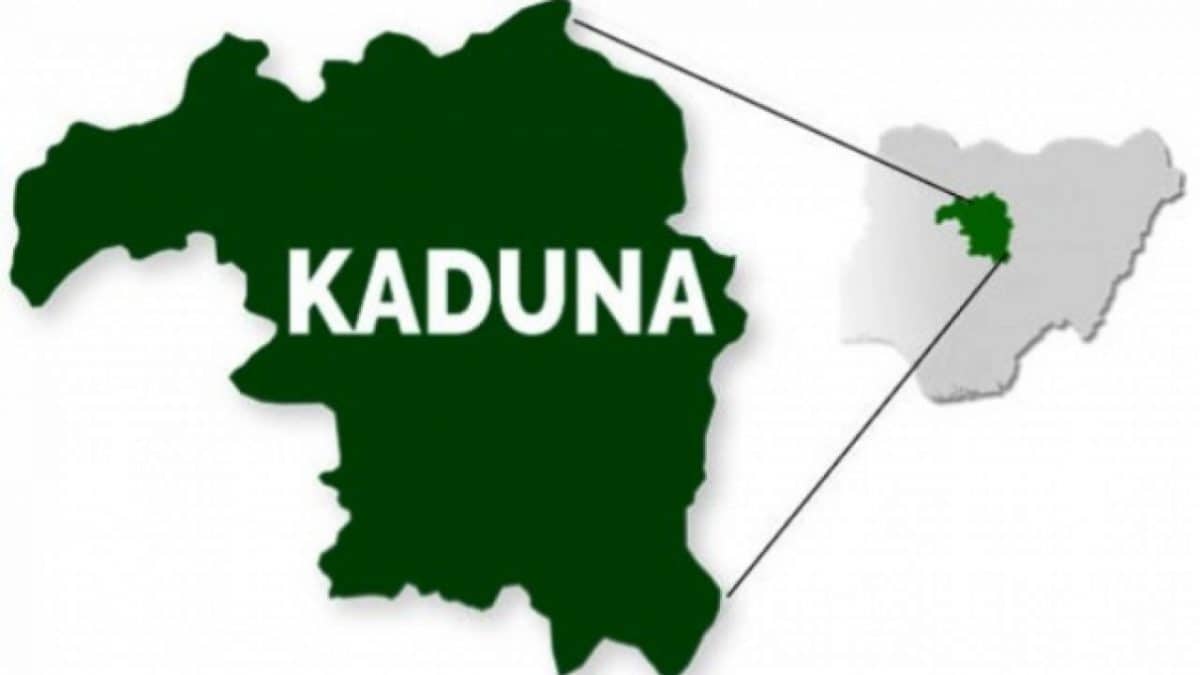A humanitarian organi-sation, Start Network, has released £274,780 to ameliorate the needs of people displaced by conflicts in the Kajuru and Kachia districts of Kaduna State.
This was contained in a press release made available to newsmen by African Media Agency for Start Network, on Thursday.
The fund was channelled to ActionAid and Global Peace Development, which are local partners responding to the crisis, and will support the people affected to recover quickly and build resilience.
The fund is expected to provide community members access to cash, water and sanitation, dignity kits for women, and non-food items, such as mats, blankets, water storage containers and mosquito nets.
The armed conflicts in the districts, which have claimed more than 45 lives, have been intensified by a prolonged drought and rising land disputes between nomadic herders and residents of Kaduna.
About 35,000 people have been affected by this conflict, the majority fleeing their villages and relocating to shelters for people who are displaced – which are deemed safer due to the presence of security forces.
The statement quoted the Executive Director, Global Peace Development, Esike Ebruke, as saying, “The attacks and conflict around Kachia and Kajuru are sadly reoccurring. People should not live their lives in perpetual fear. We are working with community leaders and groups to provide training that strengthen community systems and structures to identify, share information and respond swiftly when there are threats.
“We will also link these communities’ structures to key security formations within the areas.”
Start Network Programme Manager, Serena Suen, said, “The response has been timely and is expected to support the people affected, with majority being women, children, the elderly, and people living with disabilities.
“We would like to thank our members and their local partners who have been instrumental in assisting affected people by providing them the necessary essential amenities as early as possible, covering any identified gaps.”



